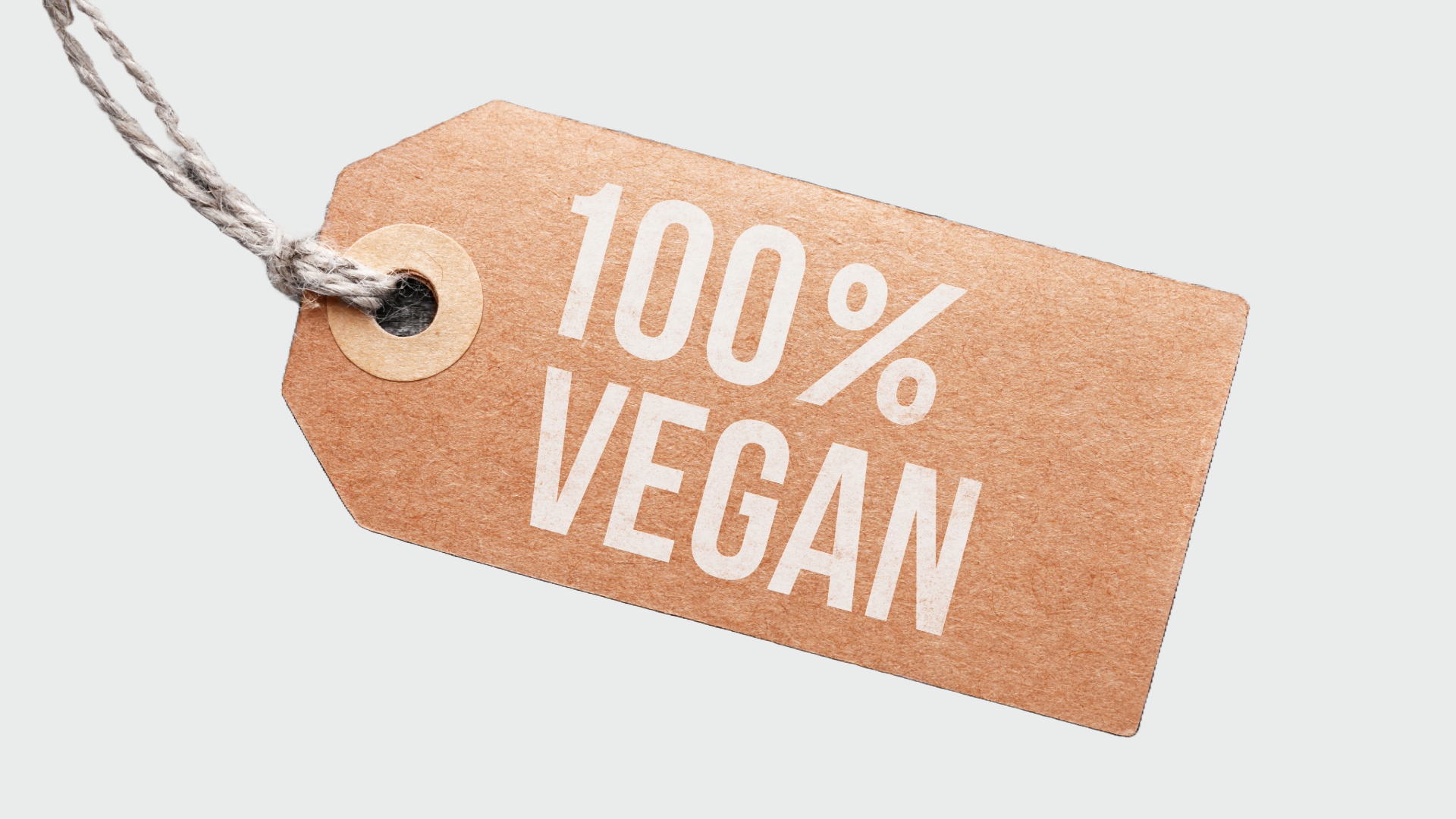Sign up to our newsletter Subscribe
Challenges and Solutions for Budget Impact Analysis of Gene Therapies

Sign up to our newsletter Subscribe


A new study by the Office of Health Economics shows that with 100% adoption of plant-based diets in England, the total health care cost savings for the NHS could be around £6.7 billion. Using an economic model-based analysis, authors Nadine Henderson and Chris Sampson combined estimates for the prevalence of diseases including cancer, cardiovascular disease and type 2 diabetes, which they predict would be greatly reduced with a complete uptake of plant-based diets. They also modelled different levels of uptake in the population.
The uptake of vegan diets has increased dramatically in recent years, with those making the switch citing various reasons, including perceived health benefits, reduced environmental impact, and improved animal welfare. For many, the transition to a vegan diet is an opportunity to consume more health-promoting plant foods, such as whole grains, nuts, legumes, fruits and vegetables whilst excluding the saturated fat and cholesterol found in meat, milk and eggs. Research suggests that plant-based diets may improve health outcomes relating to diseases including cardiovascular disease and cancer, but despite this, there has been little research into the monetary value this could present to health services.
This analysis, funded by The Vegan Society, starts to address this research gap and quantify the potential benefits to the NHS of a higher uptake of a vegan diet, with staggering results. The conclusion reveals that if everybody in England ate a plant-based diet, NHS expenditure could be reduced by an estimated £6.7 billion per year, with 2.1 million fewer cases of disease and a gain of more than 170,000 quality-adjusted life years across the population. The potential impact of these savings is huge, with enough money saved to cover the full yearly budget of up to seven of England’s hospitals, or to cover the annual salaries of 64,990 consultants or 184,920 nurses.
The huge cost-savings and potential benefits laid out in the report provide a basis from which policymakers can consider the potential for interventions that support healthy dietary changes that contribute to population health.
Commenting on the importance of the research and its potential impact, author Dr Chris Sampson says:
“There is now compelling evidence that plant-based diets can benefit people’s health. Our analysis takes a significant step towards understanding how dietary choices impact population health and NHS expenditure overall. For every million people making the switch to a vegan diet the anticipated reduction in illness could save the NHS a staggering £121 million.”
Head of Campaigns, Policy and Research for the Vegan Society Claire Ogley commented:
“It’s encouraging to see increasing evidence that plant-based diets can be not only beneficial to individual health but could also benefit the NHS on a bigger scale. As the report illustrates, wider uptake of plant-based diets could free up billions of pounds of funding to invest back into England’s hospitals and services. Policymakers should consider supporting and encouraging plant-based diets as part of public health campaigns to realise these benefits to the health service in the UK.”
The report is published on medRxiv in advance of peer review here: “The impact of higher uptake of plant-based diets in England”
For more information and resources about switching to a vegan diet, visit vegansociety.com.
Read our insight about the report here.
An error has occurred, please try again later.
This website uses cookies so that we can provide you with the best user experience possible. Cookie information is stored in your browser and performs functions such as recognising you when you return to our website and helping our team to understand which sections of the website you find most interesting and useful.
Strictly Necessary Cookie should be enabled at all times so that we can save your preferences for cookie settings.
If you disable this cookie, we will not be able to save your preferences. This means that every time you visit this website you will need to enable or disable cookies again.
This website uses Google Analytics to collect anonymous information such as the number of visitors to the site, and the most popular pages.
Keeping this cookie enabled helps us to improve our website.
Please enable Strictly Necessary Cookies first so that we can save your preferences!
